CANCER SCREENING
Early Cancer Diagnostic Smart System
Until recently, there was no way to accurately detect cancer using blood sampling techniques. Blood sampling techniques for cancer has a very low rate of accuracy. Seoul National University Hospital recently created a system where early detection of 6 kinds of cancer (stomach, liver, lung, colorectal, breast and prostate cancer) is possible. In additional, the test also detects early stages of diabetes and Alzheimer’s disease. The blood test is very quick and painless. This method can detect cancer which does not show up in traditional forms of testing. This multiplex in-vitro method of detection has an 85-95% accuracy rate as it tests for 30 kinds of biomarkers. This system of testing is only available at a few locations where clinics have partnerships with Seoul National University Hospital.
Traditional and New Cancer Diagnosis System
Testing for cancer at hospitals in Seoul is done using a variety of traditional and new diagnosis systems. Doctors at cancer hospitals in Seoul will use any of the following for a cancer screening: biopsy of a tumor, bone marrow biopsy, chest x-ray, complete blood count, CT scan, liver function test, MRI scan, digital infrared thermographic imaging, PET and PET-CT. There is a wide array of methods to diagnose cancer. Some types of cancer, particularly lymphomas, can be hard to classify, even for an expert. That is why getting the right diagnosis at the right treatment center is so important. Accurate identification of cancer allows oncologists to choose the most effective treatment. The most common diagnostic methods include:
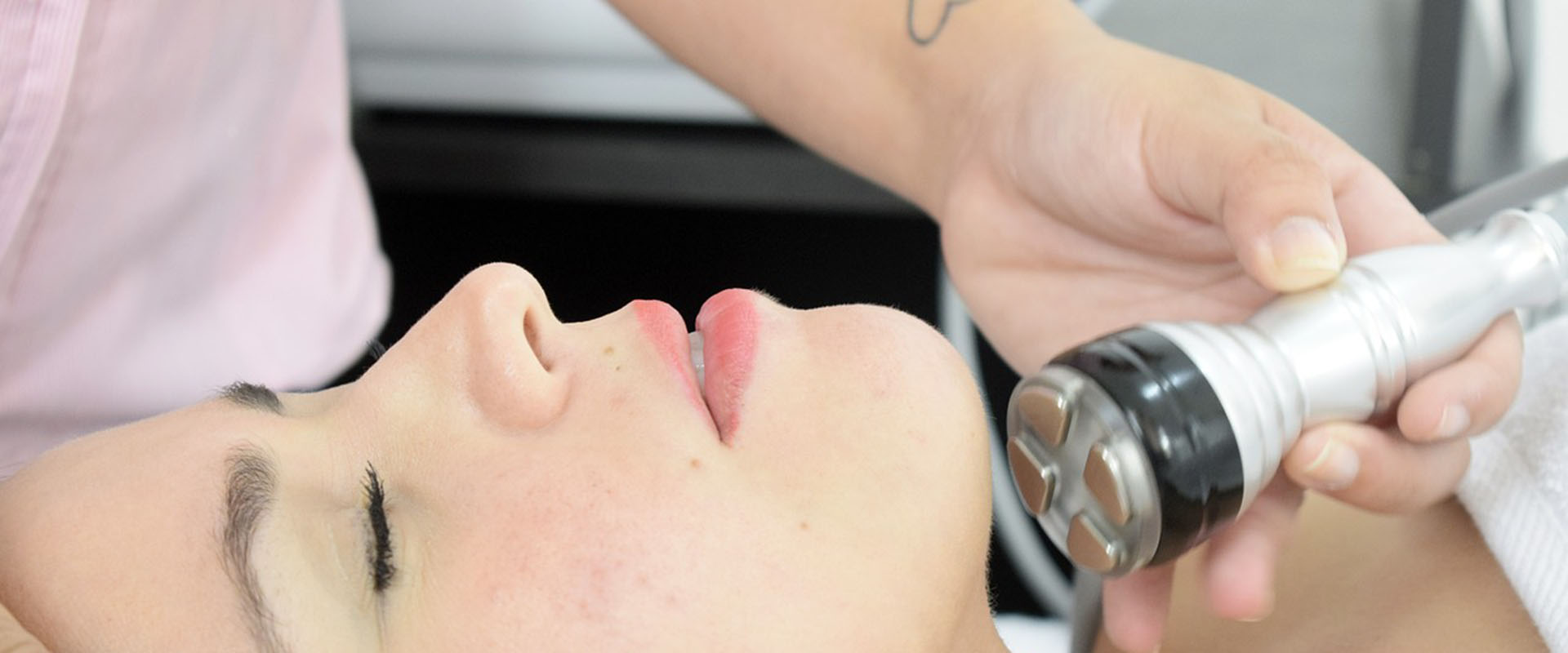
BIOPSY
A small tissue sample is surgically removed and examined under a microscope for the presence of cancer cells. Depending on tumor location, some biopsies can be done on an outpatient basis with only local anesthesia. If the tumor is filled with fluid, a type of biopsy known as a fine needle aspiration is used. A long, thin needle is inserted directly into the suspicious area to draw out fluid samples for examination.
ENDOSCOPY
A flexible plastic tube with a tiny camera on the end is inserted into body cavities and organs, allowing the physician to view the suspicious area. There are many types of scopes, each designed to view particular areas of the body. For instance, a colonoscope is used to detect growths inside the colon, and a laparoscope is used to examine the abdominal cavity.
DIAGNOSTIC IMAGING
Several techniques are used to produce an internal picture of the body and its structures. Types of imaging methods include:
X-RAYS
X-rays are the most common way doctors take pictures of the inside of the body. Specialists can spot abnormal areas that may indicate the presence of cancer.
CAT SCAN
CAT scan (computerized axial tomography), uses radiographic beams to create detailed computerized pictures taken with a specialized X-ray machine. It is more precise than a standard X-ray, and provides a clearer image.
MAGNETIC RESONANCE IMAGING (MRI)
Magnetic Resonance Imaging (MRI) uses a powerful magnetic field to create detailed computer images of the body’s soft tissue, large blood vessels and major organs. MRI is an accurate process, and patients must lie completely still during the procedure for best results.
ULTRASOUND
Ultrasound uses high-frequency sound waves to determine if a suspicious lump is solid or fluid. These sound waves are transmitted into the body and converted into a computerized image.
BLOOD TESTS
Some tumors release substances called tumor markers, which can be detected in the blood. A blood test for prostate cancer determines the amount of prostate specific antigen (PSA). Higher than normal PSA levels can indicate cancer. Recently, a blood test for ovarian cancer, known as CA-125, has become available. However, blood tests by themselves can be inconclusive, and other methods should be used to confirm the diagnosis.
CANCER TREATMENT
Korea has a very high rate of survival for cancer patients as it uses cutting edge technology and methods to treat the disease. The hospitals in Seoul use a comprehensive treatment plan which includes everything from medical treatments to specialized meals for cancer patients to insurance the fastest recovery possible. Incredibly technology such as the Da Vinci Robotic Surgery system, nuclear medicine, radiotherapy, proton accelerator, cyber knife and Tomotherapy are used to perform minimally invasive procedures and effectively remove tumors from the body. Cancer treatments are carried out by highly skilled medical professional teams dedicated solely to the curing and treatment of cancer. Worldwide, Korea experiences one of the highest overall cure rates, particularly in the areas of stomach cancer, liver cancer, and uterine cervix cancer-cancers that are prevalent among the Korean population. Korea has a very successful rate of treating cancers continues to develop new methods of fighting this disease. The Korean Ministry of Science stated in January 2015 that Korean scientists have now created nano-robots to treat cancer by targeting specific cancer cells. This means that in the near future, the negative effects of chemo-therapy will not be felt as the medicine to fight cancer cells will be given directly to the needed areas.

ORGAN TRANSPLANT
Korea has a high-tech system for organ transplantation. The application process is done under the Korean Network for Organ Sharing guidelines in collaboration with medical staff and facilities. Each application is evaluated on a case by case basis. Korean has the highest scores in many transplant areas. In 2005, an organ transplant team from Johns Hopkins Hospital visited Korea for 3-week training in living liver transplant. Professor Robert Montgomery from Johns Hopkins Hospital who discovered the surgical technique that resolved the rejection of an organ transplanted from a donor with a different blood type, highly praised Korea’s technique. He said that “Korea has the best living liver transplant technique.” Transplantation takes 12 hours on average in other countries, but it takes only 6-7 hours in Korea.
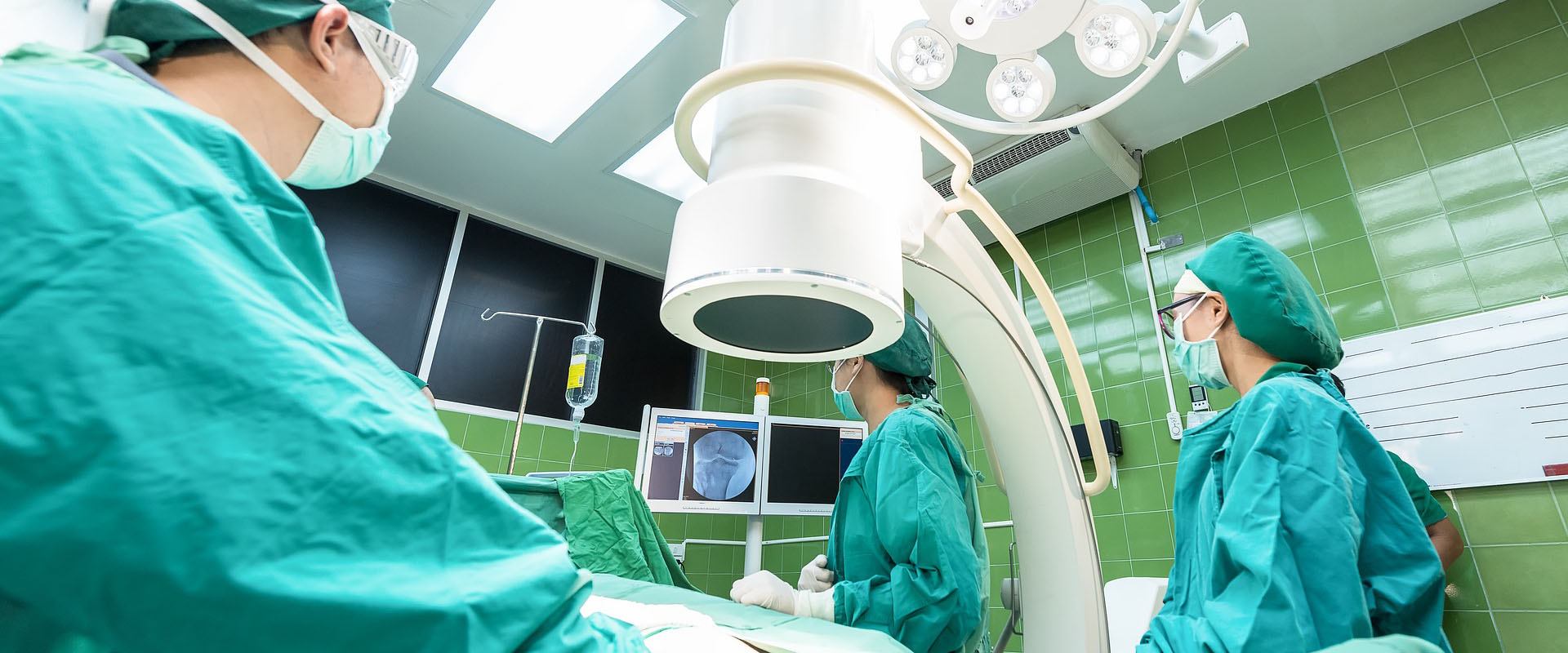
SURGERIES
Our hospitals offer a host of other. They are able to quickly and effectively treat all kinds of illnesses across a variety of departments. Our hospitals also have specialized medical centers including: thyroid, cardiovascular, gastroenterology, intervention, artificial kidney, urolithiasis, diabetes, endocrinology, cerebrovascular, pulmonary rehabilitation, emergency etc. Our staff is dedicated to make sure you get you world class treatment in comfort and without worries. We are here for you every step of the way.
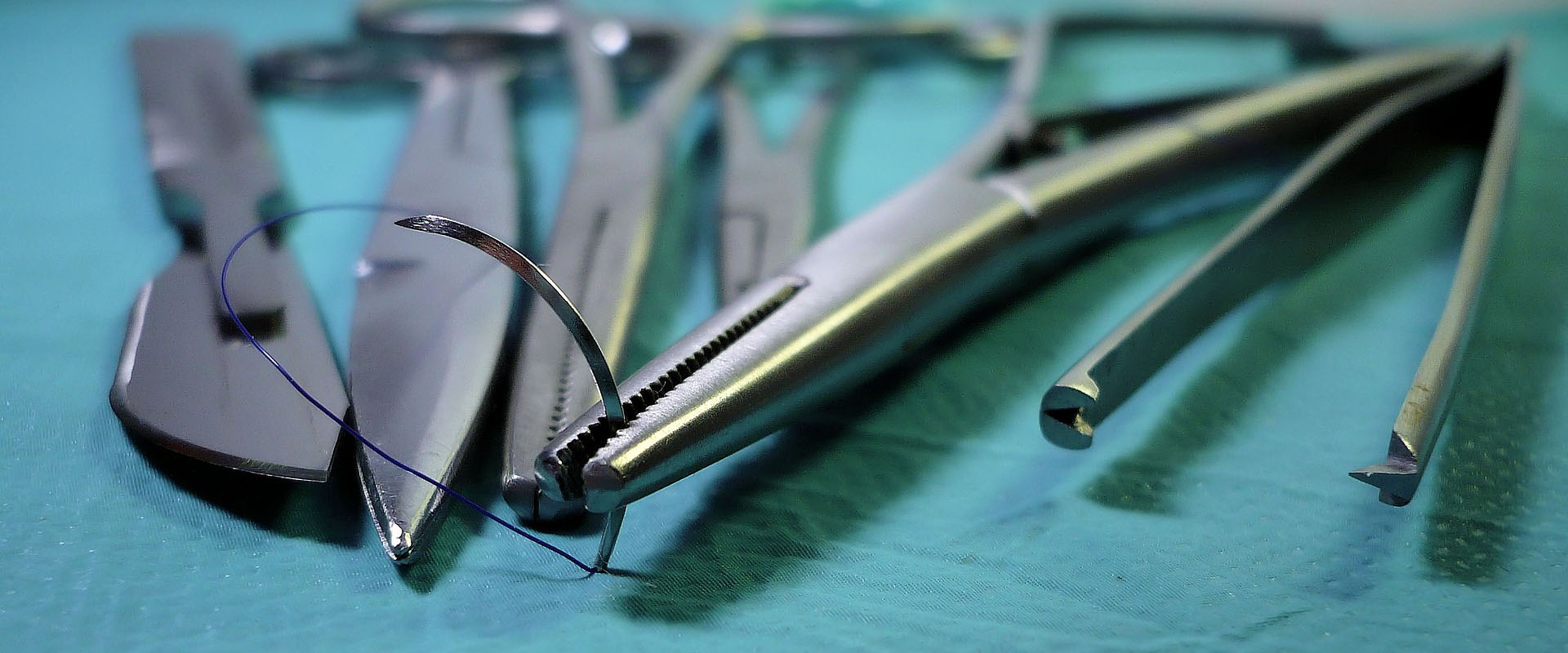
HOUSING DURING TREATMENT
For patients that have to undergo extensive treatment, staying in a hotel is not a good option. We offer housing for all kinds of budgets including luxury housing. Renting out a home in Seoul is a very complicated process but we already have a system in place that will make things extremely easy for you. It is best to stay near the hospital where you will undergo your procedure. Housing ranges from bachelor apartments to housing for large families.
If you are only in Seoul for a short time or wish to stay in a hotel, we can also arrange this for you. Getting a good hotel with a large and useful room is tricky in Seoul. Most are small and rooms not suited for patients who need to rest and recover. We have business contracts with the great hotels here which offer large rooms with their own kitchens and other useful amenities like serviced apartments. These are a fantastic choice for shorter stays and well suited for your recover.

FULL HEALTH SCREENING
Health screenings in Korea are done using the best technology with experts performing the procedures and analyzing the results. Screens are divided into 4 categories: basic comprehensive health screening, intermediate comprehensive health screening, advanced comprehensive health screening and extensive health screening. High accuracy diagnoses are guaranteed by excellent medical specialists and the cutting-edge medical equipment, such as DDR, PACS, TLAS, PET-CT, CT, MRI, and RT.
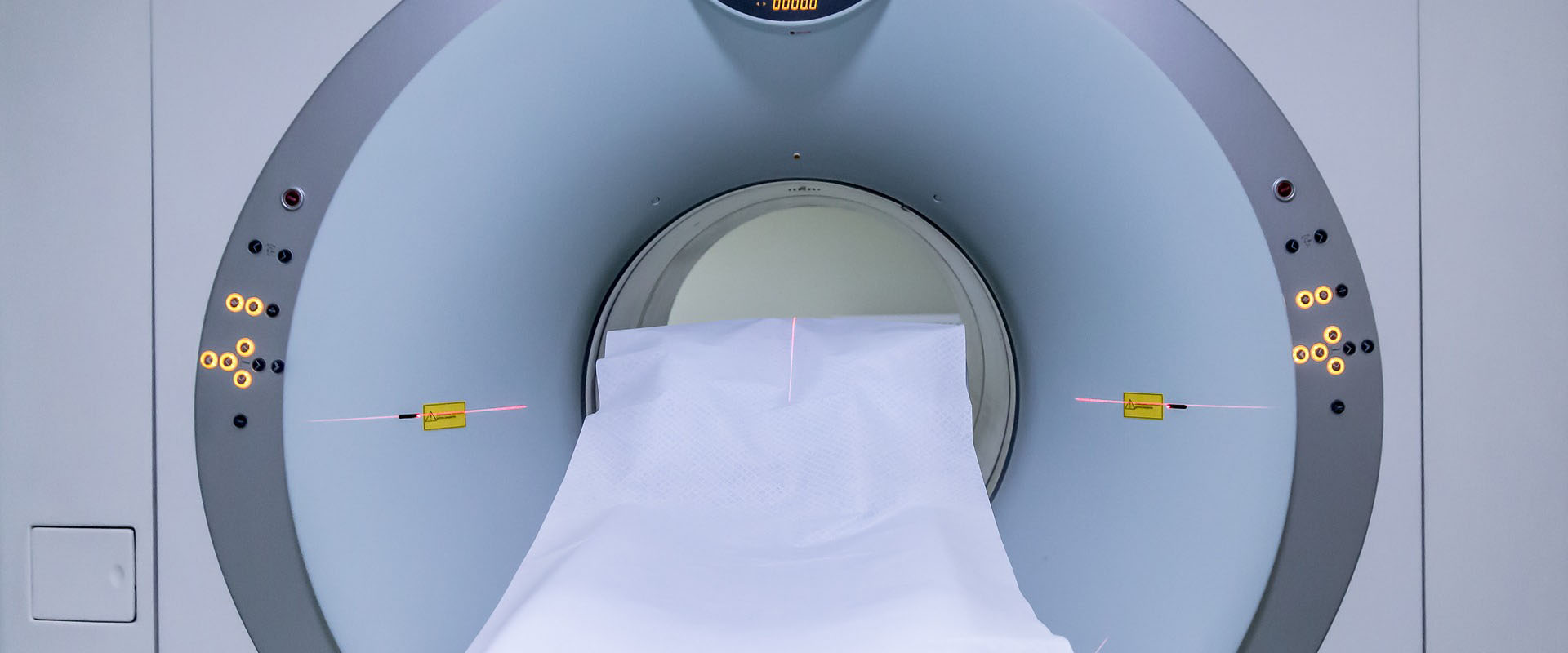
BASIC COMPREHENSIVE HEALTH SCREENING
Basic Comprehensive Health Screening covers physical measurements, cardiopulmonary function test, gynecologic test, etc.
INTERMEDIATE COMPREHENSIVE HEALTH SCREENING
Intermediate Comprehensive Health Screening covers basic screening tests, ultrasound, stress echocardiography, bone density test, etc.
ADVANCED COMPREHENSIVE HEALTH SCREENING
Advanced Comprehensive Health Screening covers intermediate screening tests, MRI, PET-CT, etc.
EXTENSIVE HEALTH SCREENING
Extensive Comprehensive Health Screening covers all kinds of diseases, spine injuries and the most complicated of conditions.
